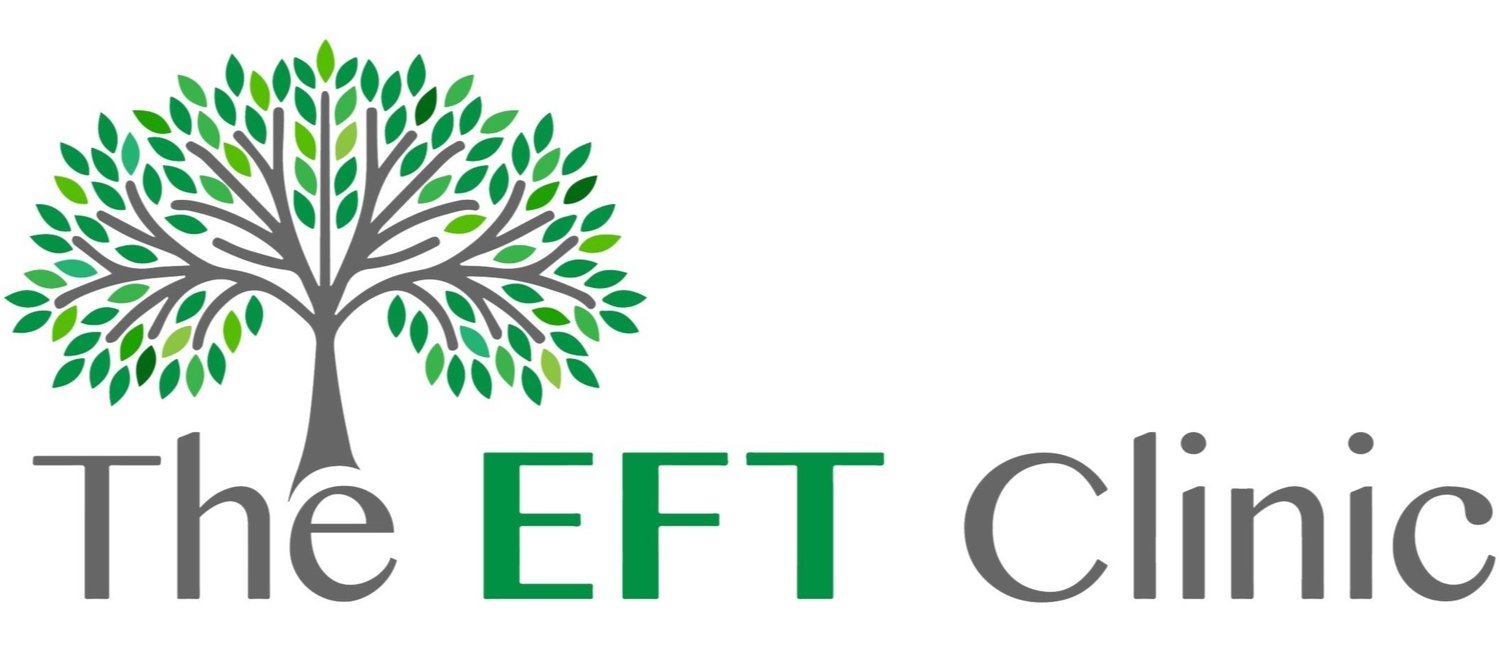Anxiety & Anger
/What is the purpose of anxiety and anger?
by Moriah Mason, CSW
As humans, we all have felt painful or uncomfortable emotions such as anxiety and anger. It is helpful to realize, however, that most of the time, anxiety and anger are secondary emotions. This means that they are reactions to another powerful emotion that we are feeling. If you can pause, take a deep breath, and then ask yourself “What is really going on here?” The answer is usually not that you are feeling anxiety and anger, but that maybe you are feeling sad or fearful. When someone hurts you, all the feelings you feel are valid. Let them guide you to how you are really feeling and have compassion for yourself. If you can imagine a child coming to you feeling scared and lonely and how kind and loving you would be to them, it can help you be more patient and accepting with yourself. You deserve to be treated that way as well.
What is anxiety?
Anxiety is a person’s reaction to a situation that threatens their well-being. Anxiety symptoms can vary depending on the person and the situation. You might first notice the changes in your body-shortness of breath, a tightness in your chest, racing thoughts, sweating, trouble sleeping, tenseness in your muscles, or even a headache.
What is anger?
Anger is described as an emotional state that arises from a difficult situation. Some signs of anger include reacting by yelling, withdrawing, storming out of a room, experiencing a panic attack, crying, or doing something impulsive.
What is the purpose of anxiety?
Russ Harris, the author of The Happiness Trap, tells us that in many ways, our brains have still not evolved from the ways of thinking that our cavemen ancestors did. Cavemen were always on the lookout for danger because resources were scarce. It was also important for ancient people to have a community to survive. When we feel rejected, lonely, scared, or threatened we are activating those same parts of our brains that have been triggered for thousands of years. While experiencing these emotions is not a pleasant experience, they can tell us important information about ourselves. So what can we do with this information?
First, it’s important to realize that when you feel these unpleasant emotions- it is your brain’s way of protecting you. Our minds are always looking out for us. And while that doesn’t stop us from the discomfort, it can help us recognize what is happening. One way that I like to help myself when I feel anxious is by thanking my brain, as silly as that sounds. I recognize the emotion and then thank my brain for looking out for me. I would mentally or out loud say to myself “I am feeling anxious right now. Thank you brain for having my back.”
Lastly, let your emotions tell you about yourself. Chances are if you are feeling anxiety and anger about something, it means a lot to you. Of course you will be upset if those valuable things in your life are threatened! If you are someone who tries to talk yourself out of feeling your emotions or feels shame when you feel anxiety and anger, you can validate yourself by knowing that you deeply care about something. How lucky you are to feel passionately about people or aspects of your life. What a gift.
Feeling “negative” emotions is uncomfortable, but extremely important in order to move through life in a healthy way, keep your mental health in check, practice self-care, and learn about yourself. The next time you feel these feelings rise up, don’t be afraid to pause and acknowledge the emotion, thank your brain for looking out for you, and see what you can learn from them.
Shame: What is it and why is it harmful?
Shame is defined as “a painful feeling of humiliation or distress caused by the consciousness of wrong or foolish behavior”. It can stem from making mistakes, doing something that goes against our values, or embarrassment. It’s such an unpleasant feeling that it causes us to make harsh judgments about ourselves. Brene Brown has become a modern expert on shame, having spent years studying it. She has talked about how shame tells us that we are “bad” rather than we “did something bad”. Shame can be a very unhelpful emotion in our progress to grow and become better people.
What can we do when we start to spiral with shame? Our human brains often default to criticism, but shame can increase the pain we are already experiencing from the mistakes we make. Here are some ideas for helping you not get caught up in this dangerous emotion:
Talk to someone you trust about how you are feeling. Chances are they’ve felt similar feelings and can offer you empathy. Empathy helps you know that you are alone.
Part of forgiving yourself involves learning from your mistakes. What can you take away from this experience to become a better person?
Close your eyes and imagine someone you love feeling the way you do. What would you say to them? Can you repeat those words to yourself until they start to sink in?
Remember that beating yourself up does not change what happened, it only makes you feel even worse.
Think about how you are made of many parts and facets. You are much more than what you did.
Often our challenges overshadow the good things that happen. Make a list of the value you bring to others and to the world.
Allow yourself to feel sad for what you did but extend yourself enough kindness to remember that it is not your identity.
Moriah Mason is offering weekday and evening therapy sessions at The EFT Clinic’s Millcreek location. To schedule a session with Moriah, email moriah@theeftclinic.com or call (385)695-5949.







